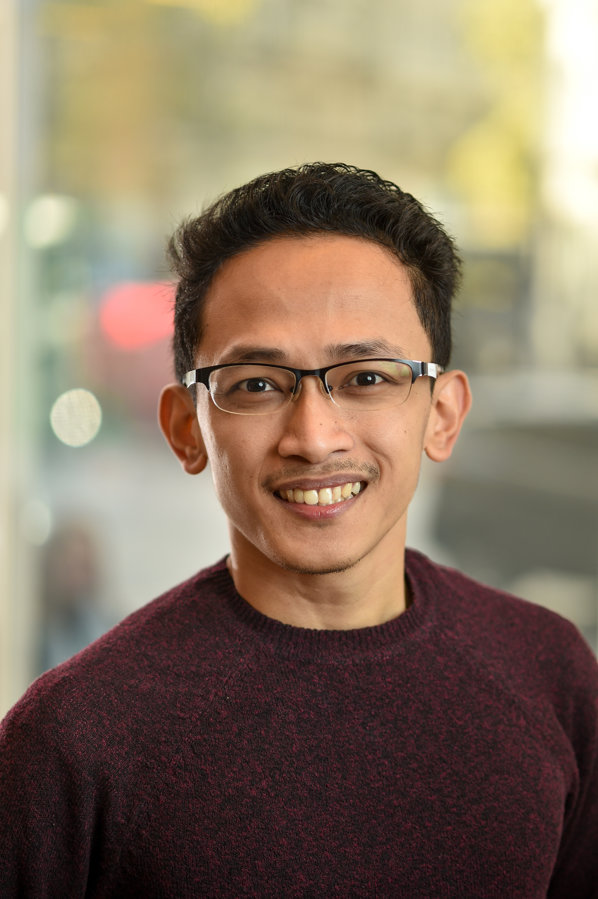Young Scholars Forum
Chronotopic (re)configurations in life stories of Filipino domestic workers in Hong Kong
Nicanor
Guinto
The
University of Hong Kong and King’s College, London
Temporary
labor migrants from the Philippines, particularly those employed in the caring
and service industries, are said to collectively evoke a sense of belonging to
an imagined community of Filipinos-in-diaspora as a way to mitigate feelings
of, among other things, contradictory class mobility and
dislocation (Aguilar Jr., 2014; Parreñas, 2001). Employing a linguistic
ethnographic approach, I investigate these claims by examining the chronotopic
organization of life stories of 20 Filipino domestic workers in Hong Kong who
were part of a University-based organization that offers free Sunday classes to
domestic workers. The narratives were elicited as part of ethnographic interviews
conducted by me, a kababayan (fellow Filipino), between February
to December 2017. Following Agha (2007), chronotopes are non-isolatable
configurations of ‘place-time-and-personhood’ that are hinged on particular
participation frameworks (what he calls ‘mass mediated spacetime’). I
demonstrate that, on the one hand, such situated tellings enable us to see
(re)conceptualizations of time and space that may not be typically linked to
widely held notions about ‘being a domestic worker’ or ‘being an Overseas
Filipino Worker’; on the other, these situated chronotopic (re)configurations tend
to be used by the tellers to recursively position themselves in the unequal
distribution of global labor opportunities.

Nicanor (Nic) Guinto is currently pursuing his PhD jointly
offered by the University of Hong Kong and King’s College London (University of
London). He is working on how the notion of domestic work(er) emerge in
situated tellings of lived experiences of Filipinos hired as domestic workers
in Hong Kong. He is an Assistant Professor (on study leave) at Southern Luzon
State University in Quezon Province. His research interests include language
communication-in-society, critical discourse analysis, and critical pedagogy.